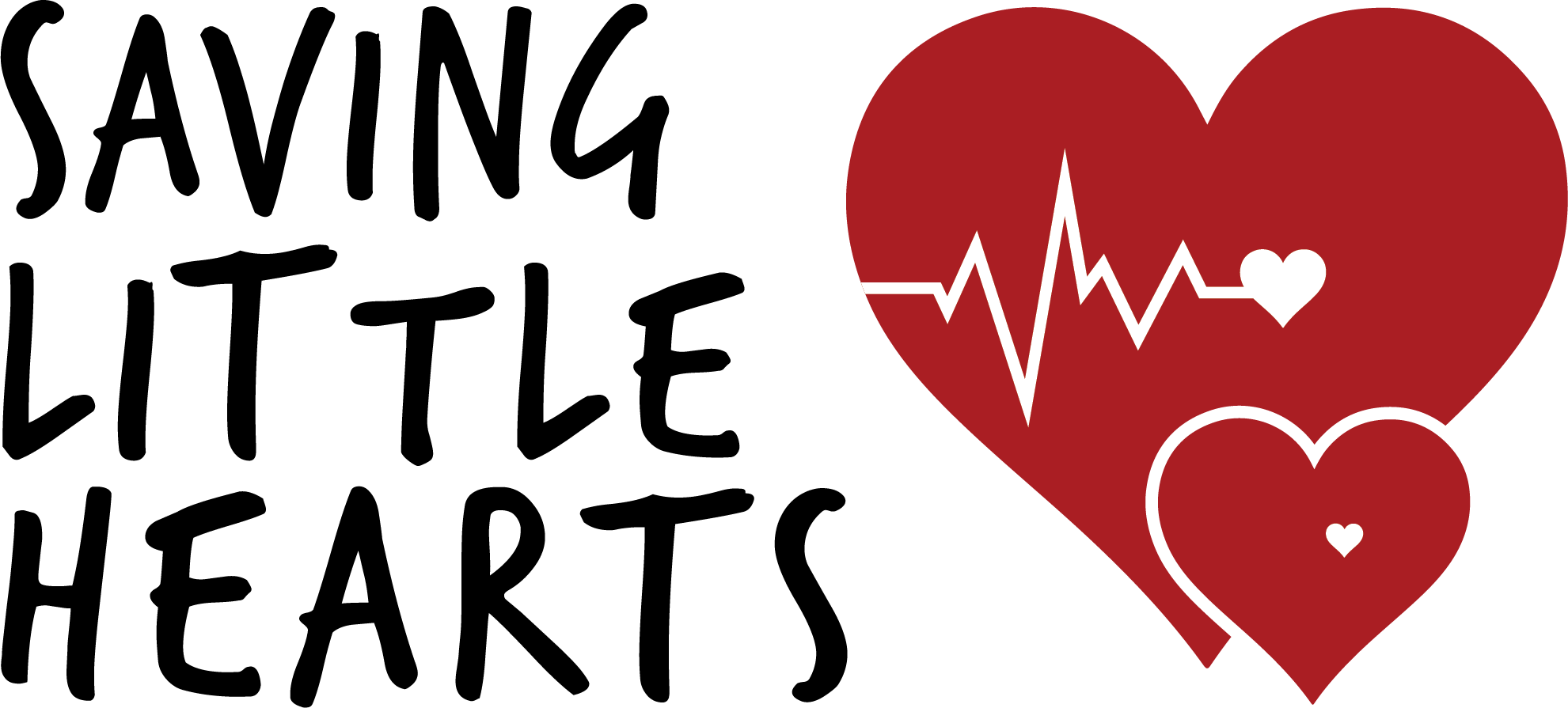Legacy Impact Donor
 The American Heart Association launches high-risk infant CPR training program Saving Little Hearts, which will train families and caregivers with high-risk babies across the Denver Metro Area.
The American Heart Association launches high-risk infant CPR training program Saving Little Hearts, which will train families and caregivers with high-risk babies across the Denver Metro Area.
During the next two years, the American Heart Association will distribute Infant CPR Anytime® kits to families of patients in the Neonatal Intensive Care Units (NICU) at Rocky Mountain Hospital for Children (RMHC) and at all RMHC NICU locations throughout the Denver Metro Area through its new Saving Little Hearts program.
The Saving Little Hearts program will help parents retain and share the lifesaving skill of CPR with their friends and relatives. Prior to discharge from the hospital, parents of babies in the RMHC NICU are required to be trained in infant CPR. Through the Saving Little Hearts program, parents will receive a kit to take home to refresh their own infant CPR and choking relief skills in the case of a medical emergency. Additionally, the AHA encourages parents to use the kits to train additional caregivers, babysitters, grandparents and friends in the lifesaving skill of CPR.
Saving Little Hearts is focused on improving the chain of survival of high-risk infants by giving new parents and families the skills they need to respond to a cardiac emergency.
The program was made possible by gifts from David Copeland and the Arlene Mohler Johnson family, in memory of Don Johnson.
About Infant CPR:
About 80 percent of out-of-hospital cardiac arrests occur in a private or residential setting. Less than 10 percent of cardiac arrest victims survive because often, people around them do not step in to perform CPR. For every minute that passes without CPR and defibrillation, the chances of survival decrease by seven to ten percent.
Because many infants treated in the NICU have had respiratory distress, heart problems, or infections, educating parents and caregivers in the lifesaving skills of infant choking relief and CPR is essential. Premature infants have more than twice as many cardiovascular malformations than infants born at full-term and are at an increased risk of experiencing cardiac arrest after they leave the hospital. Many premature infants also have difficulties breathing due to an underdeveloped respiratory system that prevents the lungs from fully-expanding and contracting. Learning infant CPR could make a life or death difference for high-risk, health compromised newborns.
Choking is the number one cause of unintentional death in infants in the United States. The bilingual Infant CPR Anytime® kits teach the lifesaving skills of infant CPR and infant choking relief in about 20 minutes. For every kit that goes home with new parents, the AHA estimates that an additional one to two people will be trained.